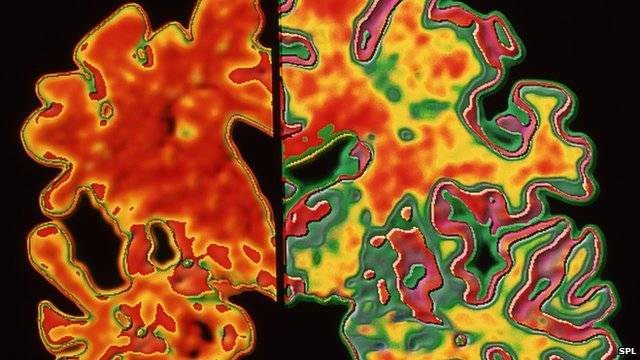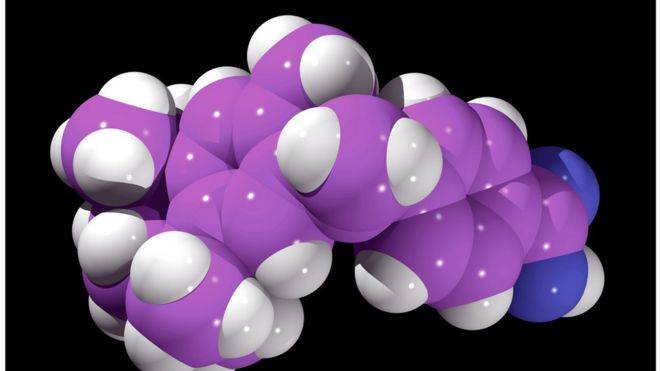- Jul 10, 2004
- 24,526
- 16,976
- 1,405
Hope this pans out. A drug that treats plaque formation that may cause dementia. Side effect? Improving memory and intellectual function of people with downs syndrome. A win win.
*******************************************************************
Scientists have known for decades that people with Down syndrome were at increased risk of developing Alzheimers disease, but they didnt know why. Some researchers now believe that understanding the connection between the two conditions might help us unravel the Alzheimers puzzle and point towards therapies that might slow, or even halt, the dreaded disease.
Its a tantalizing and provocative question: Do people with Down syndrome hold the key to the mystery of Alzheimers development? Dr. Brian Skotko, co-director of the Down Syndrome Program at the Massachusetts General Hospital in Boston, said in a telephone interview. And what can we learn from those with Down syndrome that will benefit the rest of the population?
Not only do more people with Down syndrome develop Alzheimers, but they also develop it at a much younger age. By age 40, a full 40 percent of people with Down syndrome will develop the disease, and by age 50 that rises to 50 percent, Skotko told TODAYs Maria Shriver.
While not everyone with Down syndrome develops dementia, all develop changes in their brains that are found in Alzheimers patients plaques made of a sticky protein called amyloid-beta that gunk up the spaces between nerve cells in the brain. Those plaques start to develop in people with Down syndrome at a very early age.
As it turns out, the precursor protein for amyloid-beta is encoded on the 21st chromosome, which happens to be the very chromosome that people with Down syndrome get an extra copy of, says Dr. Cindy Lemere, an associate professor of neurology at the Harvard Medical School and Brigham and Womens Hospital.
How Down syndrome may help unravel Alzheimer's puzzle - NBC News.com
*******************************************************************
Scientists have known for decades that people with Down syndrome were at increased risk of developing Alzheimers disease, but they didnt know why. Some researchers now believe that understanding the connection between the two conditions might help us unravel the Alzheimers puzzle and point towards therapies that might slow, or even halt, the dreaded disease.
Its a tantalizing and provocative question: Do people with Down syndrome hold the key to the mystery of Alzheimers development? Dr. Brian Skotko, co-director of the Down Syndrome Program at the Massachusetts General Hospital in Boston, said in a telephone interview. And what can we learn from those with Down syndrome that will benefit the rest of the population?
Not only do more people with Down syndrome develop Alzheimers, but they also develop it at a much younger age. By age 40, a full 40 percent of people with Down syndrome will develop the disease, and by age 50 that rises to 50 percent, Skotko told TODAYs Maria Shriver.
While not everyone with Down syndrome develops dementia, all develop changes in their brains that are found in Alzheimers patients plaques made of a sticky protein called amyloid-beta that gunk up the spaces between nerve cells in the brain. Those plaques start to develop in people with Down syndrome at a very early age.
As it turns out, the precursor protein for amyloid-beta is encoded on the 21st chromosome, which happens to be the very chromosome that people with Down syndrome get an extra copy of, says Dr. Cindy Lemere, an associate professor of neurology at the Harvard Medical School and Brigham and Womens Hospital.
How Down syndrome may help unravel Alzheimer's puzzle - NBC News.com







